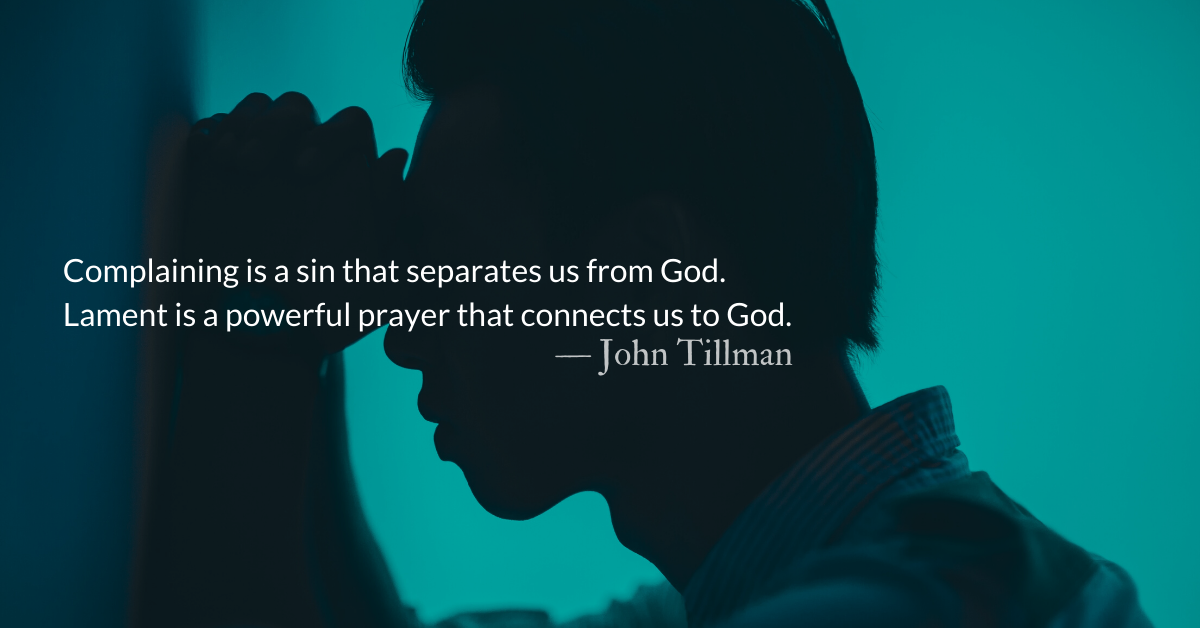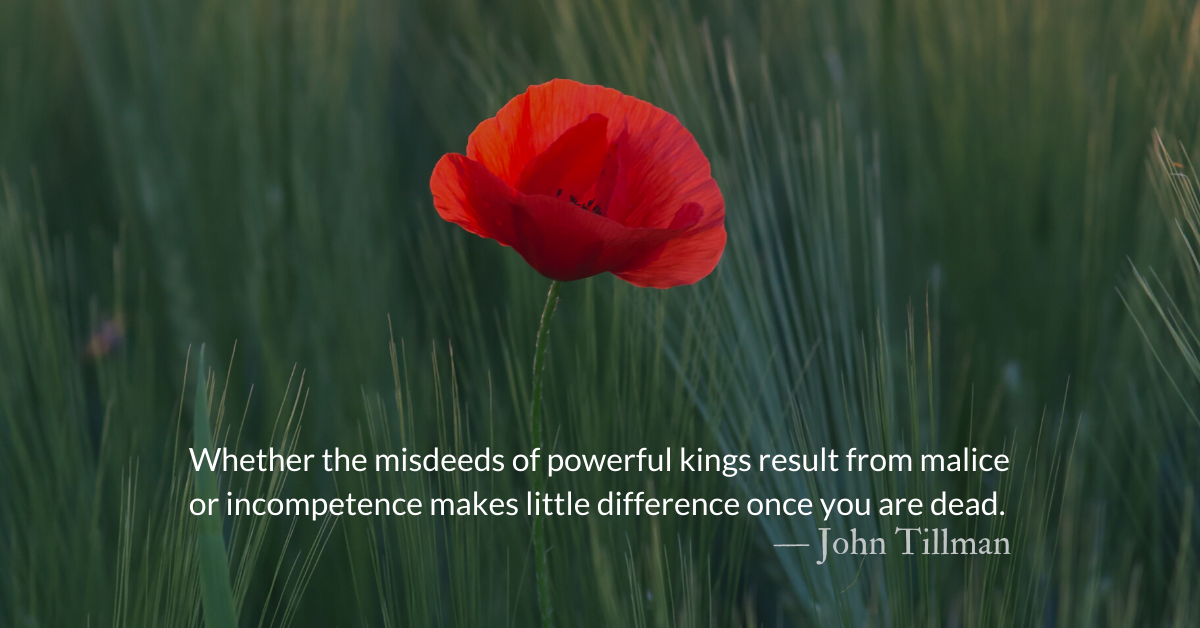Scripture Focus: Job 3:20–26
“Why is light given to those in misery,
and life to the bitter of soul,
to those who long for death that does not come,
who search for it more than for hidden treasure,
who are filled with gladness
and rejoice when they reach the grave?
Why is life given to a man
whose way is hidden,
whom God has hedged in?
For sighing has become my daily food;
my groans pour out like water.
What I feared has come upon me;
what I dreaded has happened to me.
I have no peace, no quietness;
I have no rest, but only turmoil.”
Reflection: Lamenting With Job :: Guided Prayer
By John Tillman
Job’s language is harsh and bitter when he speaks of his suffering. He doesn’t quote platitudes. His words do not sound like “prayer.” He curses his own life and wishes that he had been stillborn. He curses the joy of his conception. He curses every circumstance or kindness that brought him to life.
Job’s prayers are not perfect but they perfectly express what is inside his heart. The scriptures specifically tell us that in nothing he said did he sin. (Job 1.22)
Complaining is a sin that separates us from God. Lament is a powerful prayer that connects us to God. With the help of the Holy Spirit, who will pray on our behalf when we are unable to form words, lament can swallow up complaining in our lives. Lament is frequent and important in the Bible and should be in our lives as well.
The prophets lament. (Habakkuk 1.2-4)
Approximately 50% of the Psalms are lament. (Including Psalm 22, quoted by Christ on the cross)
Christ laments. (In Gethsemane and on the Cross)
Paul laments. (Romans 9.1-5)
May we lament through this prayer mixed with Job’s words from Job 3.20-26.
Prayer for Lament:
You have given us light, even in our misery.
Help us to lament, Lord.
Help us to take our unvarnished pain to you, God.
Help us to know that we need not soften our language or hold our tongues when we are hurting.
You have already heard the worst of our thoughts before we speak.
We release our pain to you through our words and our wordless cries…
You have given us life, Lord, even though we are trapped in death.
Help us to lament our sin.
No matter how righteous we feel, Lord, remind us we are like dust.
Show us your holiness that makes ours look like filthy rags.
Fill us with your spirit and expel from us every complaining spirit.
Give us your presence as our daily bread, rather than the bread of our sufferings.
Help us to lament with you.
Rather than complain about our sufferings as if you did not know about them or as if you caused them…
Let us instead recognize that you are in our sufferings with us. Let us share them with you. As we yoke ourselves to you, share the weight of our suffering, Lord, easing the strain on our hearts.
Hear our prayer. Give us peace.
Hear our cries. Give us quietness.
Hear our lament. Give us rest.
Divine Hours Prayer: The Greeting
To you I lift up my eyes, to you enthroned in the heavens.
As the eyes of servants look to the hand of their masters,
and the eyes of a maid to the hand of her mistress,
So our eyes look to the Lord our God, unitil he shows us his mercy. — Psalm 123.1-3
– From The Divine Hours: Prayers for Autumn and Wintertime by Phyllis Tickle.
Today’s Readings
Job 3 (Listen -2:32)
Romans 7 (Listen -4:09)
Read more about A Generational Lament
God accepts the prayer of the despairing and the cries of the frustrated and broken more quickly than the prayers of the proud.
Read more about Lamenting Our Detestable Things
God will find us and God will speak to us when we lament our culture’s sins as our own.











